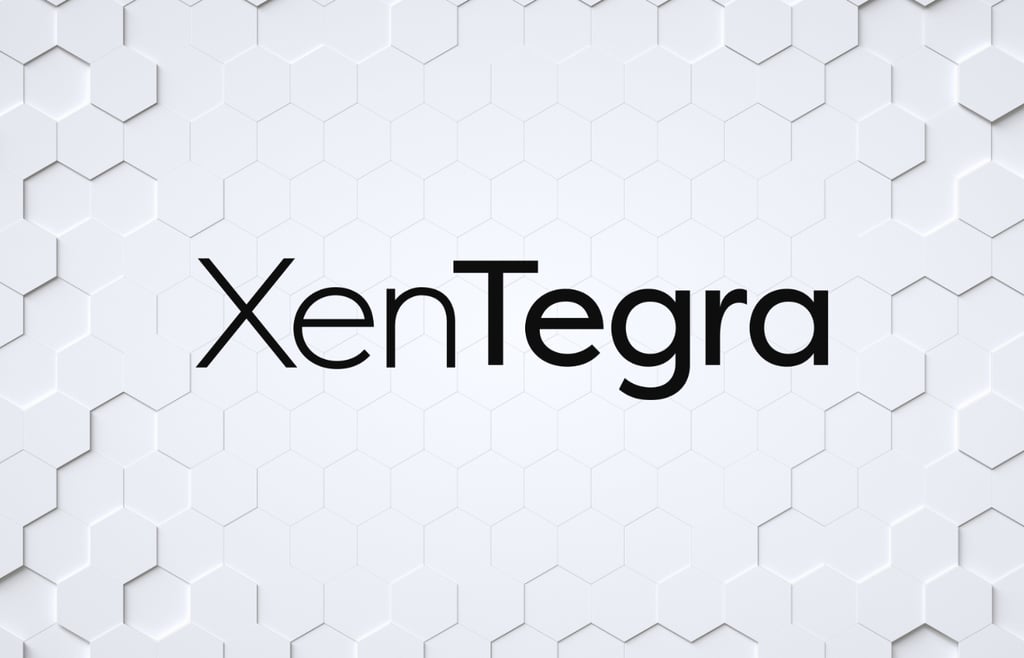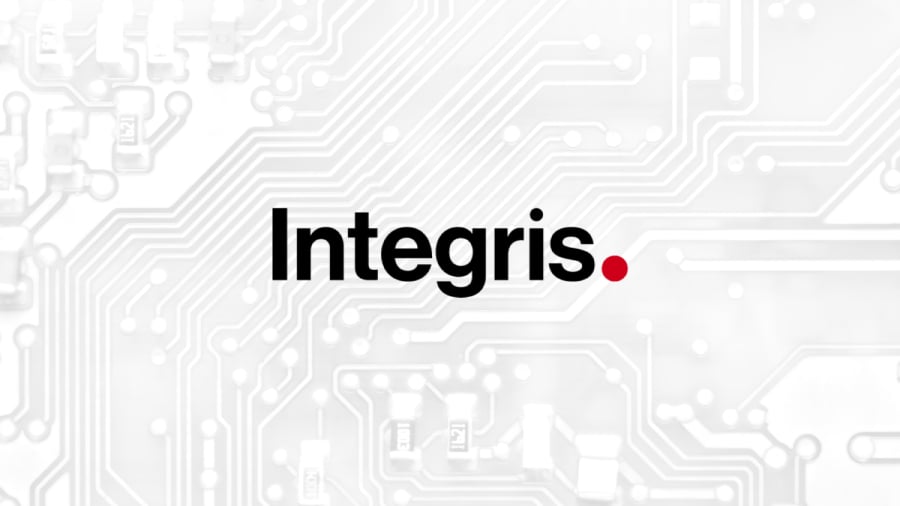In this Q&A, we asked Excendio Advisors’ Managing Partner, Cristian Anastasiu, how MSPs should approach exit planning and why M&A-related questions are essential to ask, whether you are ready to sell or not.
This interview has been lightly edited for grammar and clarity.
Is M&A planning something that only becomes a concern once you’re ready to exit?
There is an adage in the Mergers & Acquisitions world that, as a business owner, you should always be ready to sell your business tomorrow, while at the same time running it today as if you would never sell. A bit confusing, perhaps… so let’s discuss the logic behind it.
M&A planning or exit planning involves two distinct components: preparing the company for sale and preparing the business owner for an exit. Both components involve steps and activities that sometimes require years to implement, so an appropriate plan should be in place as soon as possible, if not from the start.
Be ready to sell your business tomorrow because you might have to for a variety of reasons, from health issues to receiving an offer you can’t refuse. You don’t know when that day may come, so it’s wise to always be prepared.
But what about running the business as if you would never sell it? The message here is that most best practices regarding M&A preparation are very similar to sound, common-sense practices used to grow a successful, profitable business. Taking this approach helps you build a quality business that the right buyer will appreciate. When selling, it then becomes primarily a matter of finding that right fit.
There is no reason to wait until a month or even a year before deciding to sell to adopt these best practices. Buyers treasure, look for, and value well-run businesses. As a matter of fact, experienced buyers are skeptical of last-minute changes to the company that, while they may have generated higher profitability, might not be sustainable.
Selling a business is a once-in-a-lifetime event for the vast majority of MSP and IT services business owners, and it must be planned for and executed correctly the first time, since there are no do-overs.
As the saying goes, if you don’t know where you’re going, you won’t know when you have arrived.
How should business owners prepare for and think about the right time to sell their business?
In most cases, the time of the exit will be dictated by the business owner’s personal goals.
To help them determine the right time, we ask our clients a set of questions:
- Are you still enjoying what you are doing?
- Since founding the company, have your role and the job requirements changed over time?
- Have your skills evolved and scaled with the company’s growth, or have you become a barrier to growth?
- Have you become more conservative when it comes to reinvesting and growing the business?
- If there are two or more business partners or shareholders, are you starting to have divergent goals?
- Is there something else you would rather do? Start another business? Teach? Travel? Retire?
- Are there any significant family or health aspects to consider?
- Will the proceeds from the business sale be sufficient for your next step, whether it’s retirement, starting a new business, or something else? What is your “number”?
When preparing for a transaction, it is essential to understand the main legal documents associated with it at a high level. These typically include a Nondisclosure Agreement (NDA), Indication of Interest (IOI), Letter of Intent (LOI), and various types of purchase agreements (SPA, APA), as well as related disclosures, representations, warranties, and schedules.
Being familiar with the differences between the types of buyers you will encounter (from Private Equity to strategics, PE-backed strategics, family offices, search funds, and mergers of equals) will help make sense of the various components of a deal structure and how they align with your personal goals. Different types of buyers will have varying structures when it comes to cash at closing, earn-out, seller note, rollover equity, and other considerations.
To optimize your chances of doing a satisfactory deal, it’s important to develop an understanding of how businesses like yours are valued and have realistic expectations regarding the price and the transaction structure.
Does the business have two or more shareholders? In that case, it’s never too early to start planning. Very often, we see that after a period of time, shareholders’ goals start to diverge; for instance, one is more motivated and interested in continuing or aggressively building the business, while the other becomes more conservative and potentially starts to look at exiting or doing something else. Aligning those goals ahead of time and having those internal conversations can be immensely helpful down the road.
Build a team of advisors, including your trusted M&A advisor, but also start to consider attorneys, CPAs, tax specialists, or any other trusted individuals who can help you when the process starts. While some of our clients have developed strong relationships with attorneys, we strongly recommend working with specialized M&A attorneys, ideally those who have worked on IT transactions.
Does the business have a designation, such as veteran-owned, women-owned, or minority-owned? Is that designation being actively promoted, and is that actually being used? In many cases, those designations are seen as a weakness or undesirable by a buyer, so understanding what role they play early on is important.
Are there best practices for preparing for a potential deal that all MSP owners can incorporate into their practices for overall benefit?
When it comes to preparing the business itself for a sale, as mentioned earlier, by and large, the preparations and best practices we recommend are not different from common sense advice for growing and running a profitable business.
Some of the key areas to consider are:
Tax preparation: What are the potential tax implications stemming from a transaction? What is the corporate structure, and is it optimized for tax purposes, given the owner’s objectives? Are they taking advantage of ways to minimize taxes?
Financial preparation: One of the main pieces of advice we give our clients is to take a close look at their financials. Financials play a crucial role in how a buyer evaluates a business and its value. They are important to set the right tone with the buyer. For many entrepreneurs, this is counterintuitive. Of course, the value of the business is in its people and relationships, but the financials are a reflection of how well the business is being measured. Buyers like to avoid any surprises down the road.
Are your financials GAAP? Do you have reviewed financials? We do not recommend audited financials for companies with less than $50 million or even $100 million in revenue, but a quality of earnings report (or QoE) produced by an outside accounting firm before you start the process helps tremendously. These could be $10,000 to $20,000 worth of investments, but in most cases, they are not required.
There are some things you can do to improve the balance sheet, and as a resul,t the working capital you will have to assign to the buyer at closing. Don’t leave more cash on the balance sheet than is required to run the business. Improve accounts receivable collections because this will lower the required working capital, which is the amount of money you would have to leave on the balance sheet when you sell.
Legal preparation: Review your customer contracts. Are they assignable? Do your employees have non-competes, non-solicitations, and/or NDAs?
Operations preparation: In terms of preparing the business itself for a sale, we recommend that potential clients focus on scalability and the following: make your business scalable and less dependent on you; develop a management team; open a new location; possibly make an acquisition or two.
Acquisitions are an important way to test and develop the company culture because a buyer looking to acquire a company that has made acquisitions in the past will feel more comfortable knowing that the integration will be smooth and that the company has an open culture.
Focus on a certain vertical. As a smaller company, it is hard and becoming harder to compete against large businesses, so having a specialization, such as a focus on a vertical (financial services, healthcare, legal, or others) can certainly improve the business and its desirability to potential buyers.
Are there any customer concentration issues? We have developed certain approaches to address the concerns that many buyers have on this issue, and can help companies prepare ahead of time.
How long can it take to get everything in order to pursue M&A once you decide you want to?
If a solid exit plan is in place, it should not take more than a few weeks to finalize preparations, including gathering documentation, reviewing goals, and preparing the CIM, among other tasks.
The sale process itself takes, on average, 9 months, although this can vary significantly. We have closed deals as quickly as 4 months, while some deals can take well over a year to close successfully.
Read our first Q&A with Anastasiu to learn more about why he views culture as an essential facet of successful M&A deals.











 AI 50 ListChannel Insider's editorial team spotlights the top AI leaders from MSPs, vendors, and channel businesses delivering measurable outcomes.Link to CML 100 Honorees
AI 50 ListChannel Insider's editorial team spotlights the top AI leaders from MSPs, vendors, and channel businesses delivering measurable outcomes.Link to CML 100 Honorees CML 100 HonoreesCheck out our CML 100 List to discover the top channel marketing individuals who are transforming channel marketing for their organizations.Link to HSP 250 List
CML 100 HonoreesCheck out our CML 100 List to discover the top channel marketing individuals who are transforming channel marketing for their organizations.Link to HSP 250 List HSP 250 ListView our HSP250 list to see the top Hybrid Solution Providers that have proactively embraced the future of tech.Link to The 2024 Channel Insider VIP List
HSP 250 ListView our HSP250 list to see the top Hybrid Solution Providers that have proactively embraced the future of tech.Link to The 2024 Channel Insider VIP List The 2024 Channel Insider VIP ListChannel Insider sought nominations from IT vendors, solution providers, and partners to highlight impactful collaborations. Check out our top choices here.
The 2024 Channel Insider VIP ListChannel Insider sought nominations from IT vendors, solution providers, and partners to highlight impactful collaborations. Check out our top choices here. Video: How Truly SMB Helps Small to Midsize Businesses Adopt AI
Video: How Truly SMB Helps Small to Midsize Businesses Adopt AI Video: Q4 and 2025 Annual IT Channel Recap: AI, VMware, Security & 2026 Outlook
Video: Q4 and 2025 Annual IT Channel Recap: AI, VMware, Security & 2026 Outlook Video: Grammarly Rebrands as Superhuman, Launches Superhuman Alliance Partner Program
Video: Grammarly Rebrands as Superhuman, Launches Superhuman Alliance Partner Program Video: How Data41 Uses AI to Transform Life Sciences & Social Good
Video: How Data41 Uses AI to Transform Life Sciences & Social Good Video: How Bitdefender & DSN Group Deliver SMB Cybersecurity
Video: How Bitdefender & DSN Group Deliver SMB Cybersecurity Video: Bitdefender & Pentamix Security: Making MDR Accessible for Every Business
Video: Bitdefender & Pentamix Security: Making MDR Accessible for Every Business






